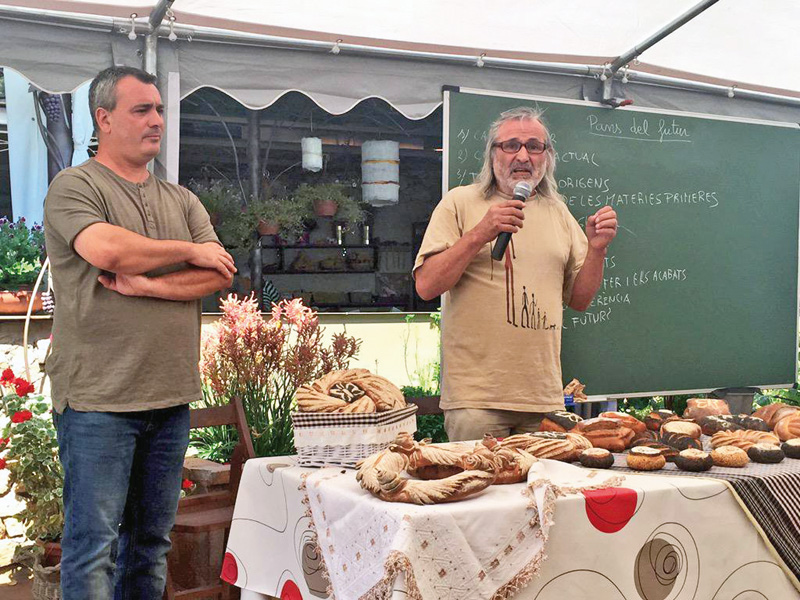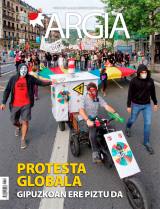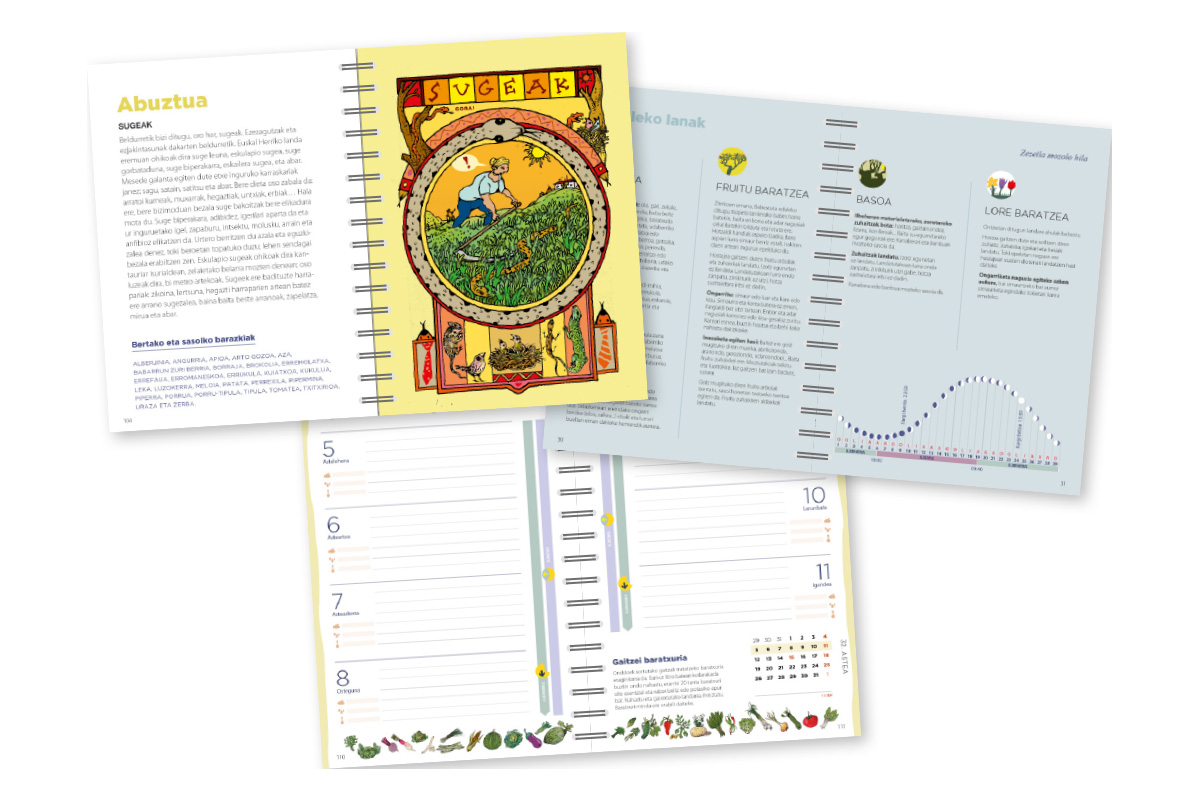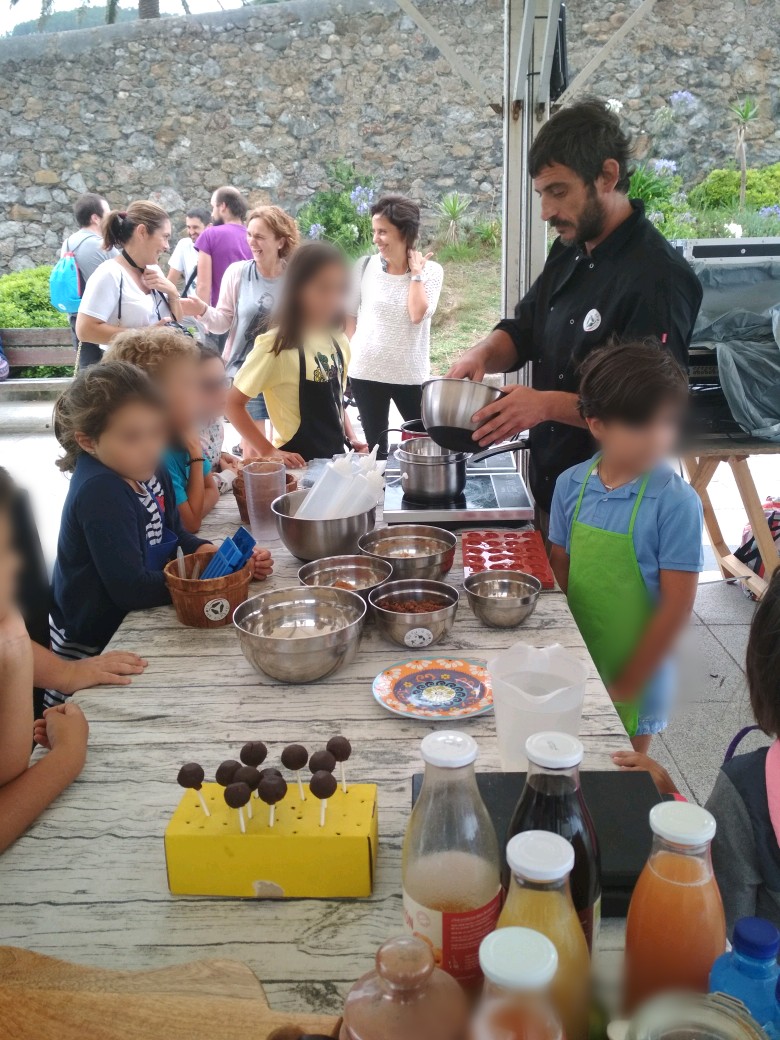
He hardly thought that of the papillae that Miller Víctor García Torres made to his sons and daughters 30 years ago, an initiative came out that today is a solid project: Triticatum. Taking as its axis the recovery of the ancient varieties of wheat, on 21 April the talk El molinero de Girona, organized by the Hazizaleak association, was held in the Lakari cooperative of Zarautz (Gipuzkoa). “We were left with a small mill at home and with wheat, corn or barley we made papillas. The friends started asking for it for them too, and so we started gradually,” says García. He wanted to know where the flour he used came from, what wheat they came out of, what kind of wheat, what characteristics, etc.
Not to lose
The main purpose of Triticatum is to survey the old wheat varieties before they are completely lost. Over 400 varieties have been identified during all these years, many of which have been tested for their characteristics and to analyze the possibility of brewing with them. “In addition to documentation, we have a botanical garden for the reproduction of wheat varieties.” Triticatum analyzes the agronomic characteristics of each variety: how they respond to diseases, if they compete well with grass, breeding cycle, height, shape of the spike... Members of the association have also created a seed bank with the maize varieties they get.
Current production depends on industrial production
Garcia explained that “the grains of ancient times were to make good bread, which came from the time of Mesopotamia, to make a healthy staple food.” On the contrary, the wheat varieties currently produced are selected for industrial production: they make thousands of kilometres to reach us, they use many nitrogen and synthetic additives in land, they have to use diseases and products to prevent them...
The ancient varieties of native wheat are “accustomed” for centuries to this climate, acquiring the ability to cope more easily with diseases and grass. “Wheat varieties have been planted in each area of the peninsula, which has an added value of closeness and fair trade.” Garcia explains that the flour currently consumed is below the cost of production and, of course, very badly paid to farmers in the country of origin.
Are baserritars on vacation? They ask in school. The students have answered no. So, working every day, would you like to be baserritarra in the future? And if nobody wants to be a baserritarra, who is going to make food for us? The question stayed in the air.
For the health and... [+]
Hiri handitik ezin ateratzeak ernatu du nigan berde behar bitxi bat, orain artean sekula ezagutu gabea. Ados, beti izan zait atsegingarri berdetasuna begiestea mendian, basoan, golf zelaian, baina oraingo hau da, seguru obligazioak behartua, ia-ia bitala, arnasten dugun airea... [+]
The members of the Ortutik Now Project of Busturialdea (Bizkaia) have been stirring up consciences and tastes for about seven years. “We are working on food from an agroecological point of view,” explains Sergio González Sánchez, a member of the project. Its activity is... [+]























